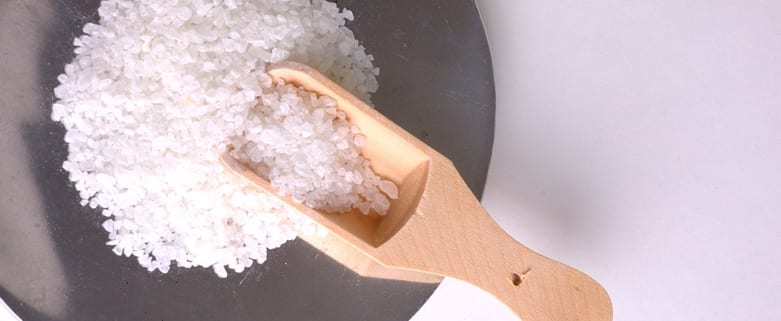Shaving 3g off the daily salt intake of Americans could prevent up to 66,000 strokes, 99,000 heart attacks and 92,000 deaths in the United States, while saving $24 billion in health costs per year, researchers report.
The benefit to the US population would be comparable to cutting smoking by 50 per cent, significantly lowering obesity rates and giving cholesterol drugs to virtually everyone to prevent heart attacks, said Dr Kirsten Bibbins-Domingo of the University of California, San Francisco and colleagues.
Such a goal, they said, is readily attainable.
Salt, which contributes to high blood pressure and heart disease, is widely overused in the United States, with 75 to 80 per cent coming from processed food. Men typically consume 10.4g per day. For women, the average is 7.3g. Its use is rising.
A reduction of 1g would prevent 11,000 to 23,000 strokes, 18,000 to 35,000 heart attacks and 15,000 to 32,000 deaths from any cause, the researchers reported in New England Journal of Medicine.
Women would benefit the most.
“Even if the federal government were to bear the entire cost of a regulatory program designed to reduce salt consumption, the government would still be expected to realise cost savings for Medicare, saving $6 to $12 in health expenditures for each dollar spent on the regulatory program,” the researchers wrote.
In a commentary, Dr Lawrence Appel and Cheryl Anderson of Johns Hopkins University in Baltimore said the new study may be underestimating the benefits.
They said it did not take into account how it would help children or the fact that lower salt intake may reduce the risk of stomach cancer, kidney disease, congestive heart failure and osteoporosis.
Reuters







